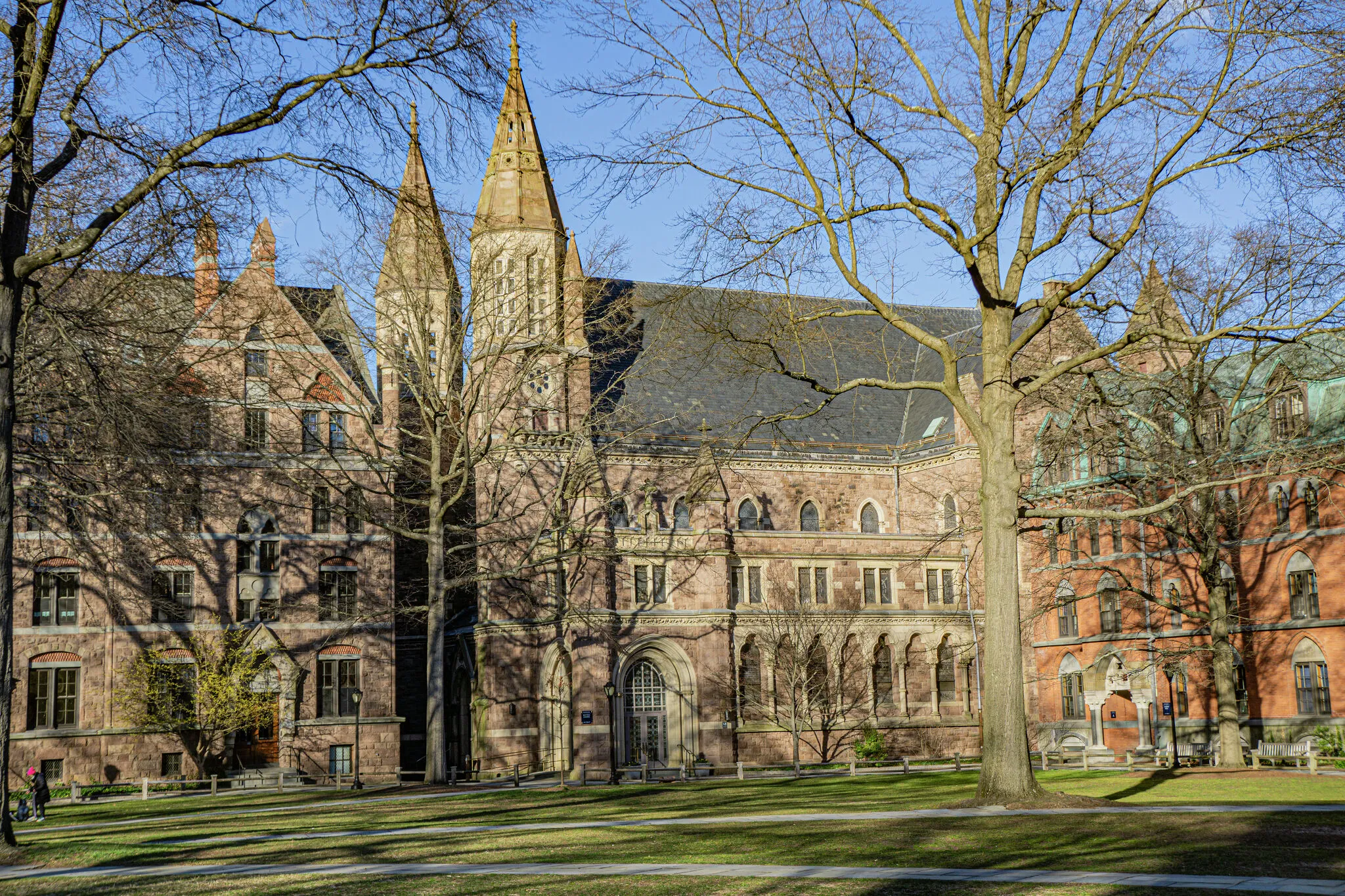Yale’s Jason Stanley Exits to Canada: A Bold Stand Against U.S. Political Chaos
In a striking move that has captured national attention, Yale University professor Jason Stanley has announced his departure from the United States to take a position at a Canadian university. Specializing in the study of fascism and authoritarianism, Stanley’s decision reflects deep concerns over the current political climate in the U.S., which he describes as chaotic and dangerous. He aims to advocate for democracy in what he perceives as a safer environment.
Stanley, who has authored influential works such as How Fascism Works and Erasing History, articulated his fears in a recent interview. He stated, “The U.S. is teetering on the brink of fascist dictatorship.” This alarming proclamation highlights his belief that the rising political tensions in America pose a significant threat to democratic norms. His move to Canada, specifically to the University of Toronto’s Munk School of Global Affairs, is seen as a strategic choice to better position himself for advocacy work.
Stanley is not alone in his departure; he is joined by fellow Ivy League scholars Marci Shore and Timothy Snyder, both of whom are relocating to Canada to promote democratic values. This collective exodus of prominent academics underscores a broader trend among intellectuals who are increasingly vocal about their concerns regarding U.S. politics. The trio’s migration is viewed as a symbolic protest against what many perceive as the erosion of democratic principles in the country.
The impetus for Stanley’s decision also has personal roots. His grandmother fled Nazi Germany, an experience he draws upon to illustrate the parallels he sees between historical fascism and contemporary American politics. He expressed that the current environment in the U.S. has left many educators feeling vulnerable, particularly regarding academic freedom. Under the previous Trump administration, policies perceived as aggressive against higher education institutions have raised alarms among scholars about the future of academic independence.
Stanley’s concerns were further amplified by the actions of institutions like Columbia University, which he believes capitulated to the Trump administration’s demands for federal funding. This situation has left many academics questioning the integrity of their institutions and fearing that universities may compromise their values to avoid political backlash.
Yale University has publicly acknowledged Stanley’s departure, emphasizing its commitment to academic freedom while respecting faculty decisions. The university’s support contrasts with the apprehensions many educators share about the potential long-term impact of such departures on U.S. academic leadership and the loss of intellectual capital.
As Stanley prepares for his new role in Canada, he recognizes that his transition is part of a global fight against authoritarianism. Canada is increasingly viewed as a more stable environment for advocating democratic principles. His departure has sparked discussions about the role of scholars in political discourse, prompting many to consider the responsibilities of educators in times of crisis.
Stanley’s work has gained renewed attention as he connects his academic research to the current political landscape. He emphasizes the importance of vigilance against authoritarianism, urging his colleagues and the public to remain aware of the signs that threaten democratic governance. His stance resonates with many academics, who are now engaging in discussions about the necessity of speaking out against authoritarianism and defending democratic values.
In conclusion, Jason Stanley’s move to Canada is not merely an act of fear but a deliberate choice aimed at fostering a more supportive environment for his advocacy efforts. As he embarks on this new chapter, his departure serves as a reminder of the challenges faced by educators in the U.S. and the critical role they play in defending democracy. The ongoing discourse surrounding his decision highlights the urgent need for vigilance and action in the face of rising authoritarianism, both in the U.S. and globally.
Stanley’s transition, alongside other prominent scholars, underscores a pivotal moment in academia, prompting reflection on the responsibilities of educators and the importance of maintaining integrity in the pursuit of knowledge and democratic values.






Leave a Comment